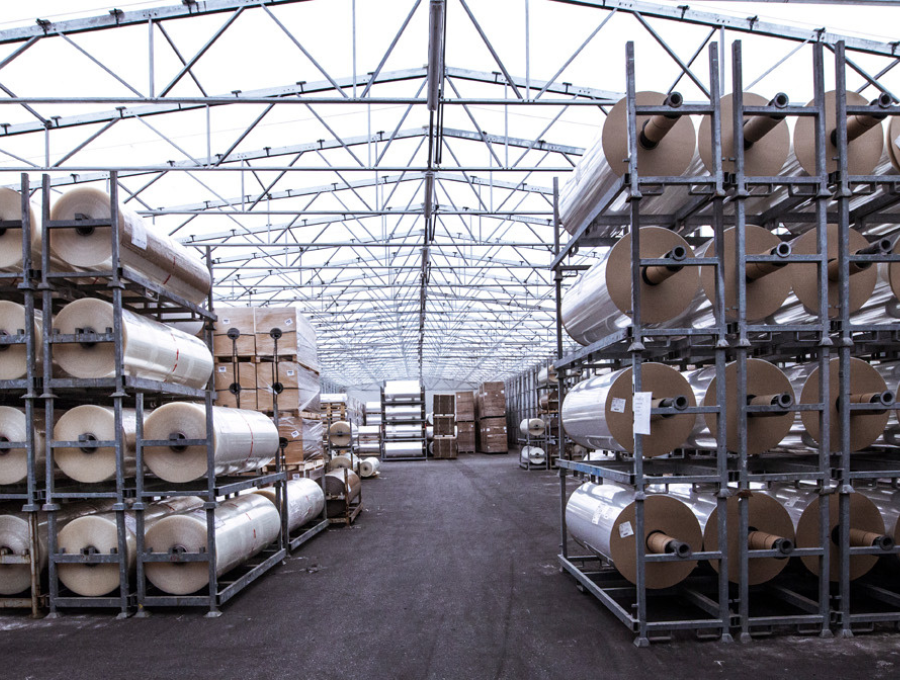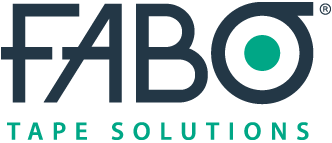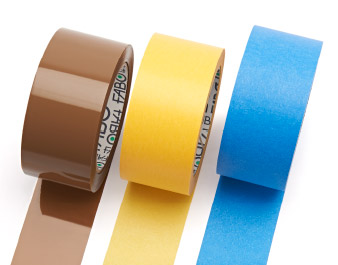Sustainability in the adhesive tape market
For several years now, one of the issues most frequently addressed by companies, citizens and institutions has been sustainability.
Etymologically deriving from the Latin verb ‘sustĭneo, sustinēre’, meaning to resist, to last but also to sustain, to support, to bear, to protect and to nourish, today it has taken on an even stronger and broader meaning, embracing every aspect of everyone’s life: from the environmental to the political sphere, from the productive to the social, the concept of sustainability is approached with the common goal of improving existing conditions.
Due to the constant focus on the topic, the world is becoming increasingly aware of the importance of sustainability, and companies are looking for innovative ways to reduce their environmental and social impact.
Perhaps not everyone knows, but 50 years ago our company was founded by launching a completely sustainable product: gummed paper. It was a paper product with a (non-food) maize starch adhesive that is activated by contact with water. Do you remember the concept of the old stamps? It worked exactly the same way.
This choice of ours, innovative and futuristic at the time, and our desire to create products that are sustainable in both production and environmental terms, have always been rooted in our culture.
However, there are still many solvent-based products on the market today. These are adhesive tapes where the adhesive that is smeared on the product is processed through the use of solvents. Let’s try to better understand what it is and what the impacts are.
What are the risks in the production of solvent-based adhesive tapes?
The first adhesive tapes produced were on PVC backing and with solvent adhesive. This procedure, however, has always been quite risky.
The production of solvent-based adhesive tapes can involve various forms of hazards due to the use of hazardous chemicals and the industrial processes involved both for companies and workers, and for the environment.
Firstly, because the plants have a certain degree of danger as the solvent is a flammable material, but not only that. Furthermore, to process the solvent, there must be very good residue recovery facilities, because the risk is that small traces of solvent remain on the adhesive tape. It goes without saying that this represents a risk for the end user. (Let us not forget that we very often use our mouths to cut tape quickly).
Working with solvent-based adhesives today is a double risk for the manufacturer and the consumer, because this process requires considerable safety controls (often absent) and because the materials used can be very harmful to health and the environment.
The transition from solvent to solvent-free
The transition to safer and more environmentally friendly alternatives, through solvent-free technologies, can actually help to significantly reduce the hazardousness associated with adhesive tape production, as well as significantly limit the overall environmental impact of manufacturing operations.
But how can a high quality standard be guaranteed while replacing a basic element in the production process?
We did this by supporting and implementing production through two solvent-free technologies, the water-based acrylic to which we added hot melt.
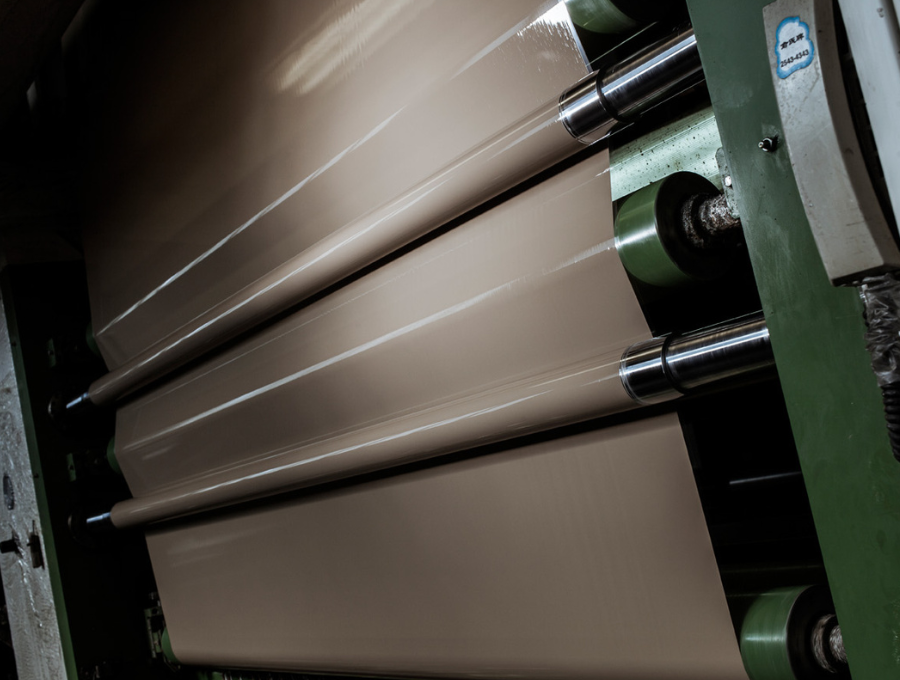
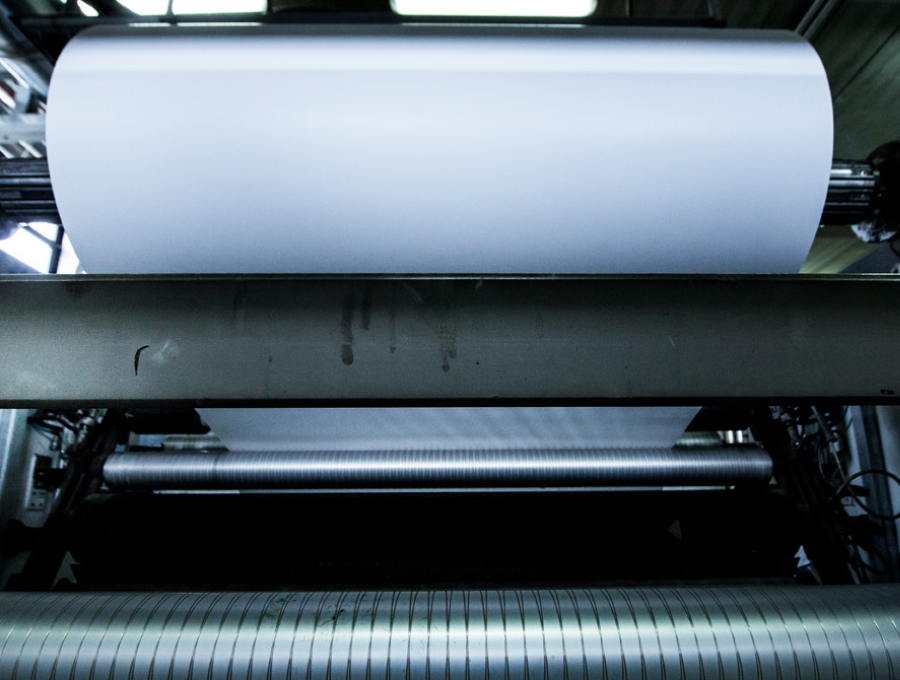
In the first one, it is being used an acrylic polymer in water dispersion, while for the second one solid raw materials (synthetic rubbers and hydrocarbon resins) are melted together at very high temperatures without using any solvents. Both technologies meet the request to find a valid and efficient alternative to the traditional solvent-based tapes.
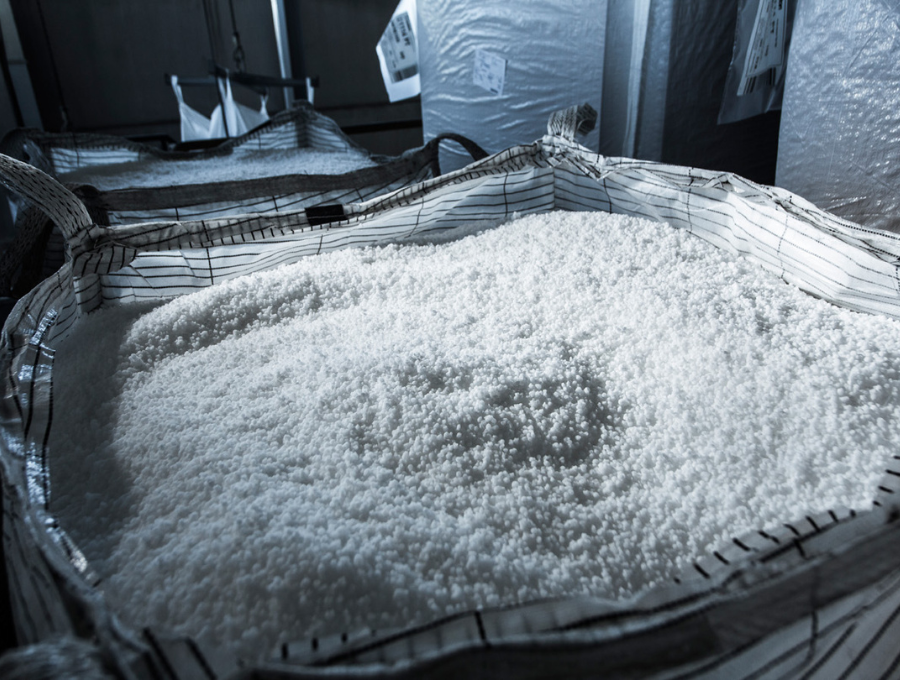
What must be clear is that acrylic and hot melt technology have qualitatively the same results as solvent technology. There are no differences in product quality, there are differences in sustainable choices between those who, like us, choose not to use solvents in production and those who choose otherwise.
The solvent-free choice is one we have made for many years now with the desire to differentiate ourselves in the market and to create a sustainable line in both environmental and production terms. For over 40 years, we have invested in this choice with awareness, security and innovation.
We believe this is a step in the right direction towards a more environmentally conscious world, where technology and ecology come together for the good of the planet and all of us.
